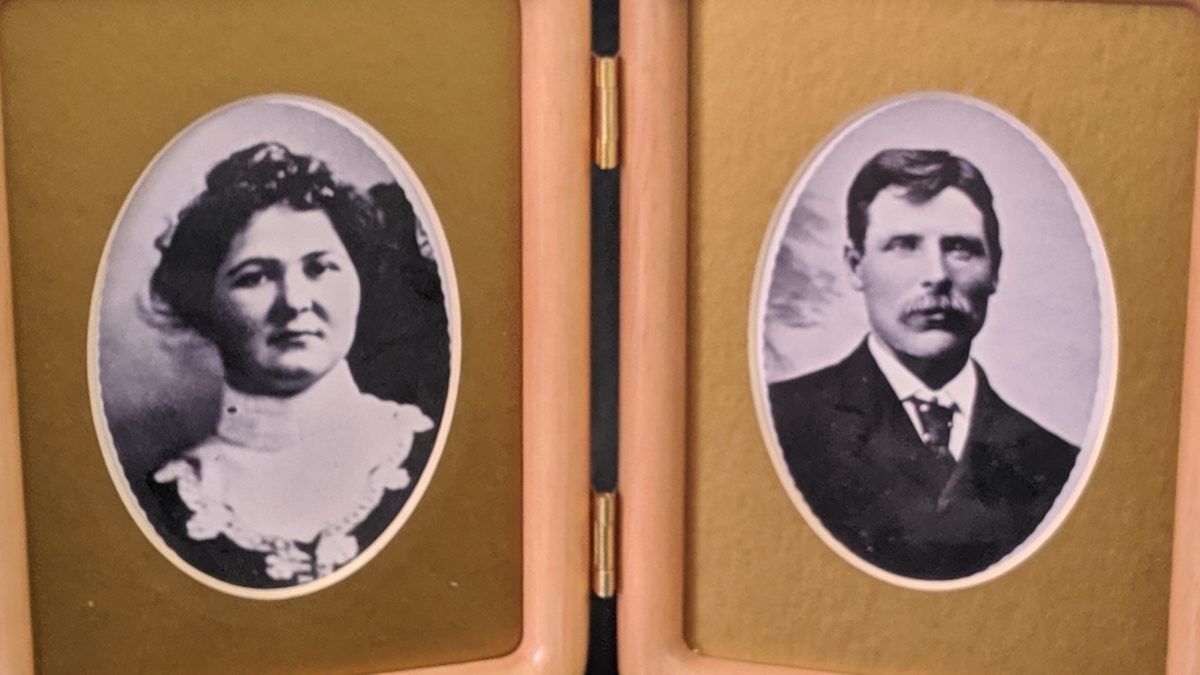“I got a lot of problems with you people, and now you’re gonna hear about it!” — Frank Costanza, Festivus 1997
In 1884, my great-grandfather crossed an ocean. At Ellis Island, he got off the boat in a foreign land where he didn’t speak the language. After that, he crossed half a continent by train to Fargo. Then he walked the last 280 miles to the Souris River Valley. When he got here, he staked his claim and homesteaded the land where Souris Valley Golf Course now sits. Five years later, the woman who would become his wife made the same trip. She was nineteen years old. The land she proved up by living a year on the prairie in the 1890s is out by Rice Lake.
I have no concept of what their lives were like — which is unfortunate; the fruit of their labor and generations since are the luxuries of my life. And as often as I wonder how they lived, I’d also love to learn what they’d think of our lives today. Would they marvel at what we’ve built? Would they lament what we’ve become? My guess is some of both.
More recently, I’ve been wondering about how they responded to adversity, challenges, and things they didn’t agree with. In 1904, their land and home went underwater when the Souris River flooded, but with no reservoirs in Canada, who did they blame?
When the 1930s hit and the dust was everywhere, jobs were nowhere, and the hobos were hungry behind the barn, was it the Republicans or the Democrats they blamed? Maybe it was the Catholics or the Germans? With no social media, who did they complain to? I don’t know the answer.
Frankly, it’s hard for me to imagine Jerimiah and Ivertha, who started with so little and built so much, whining about anything or blaming anyone.
But, I do know the hobos caught the next train out of Minot with a full stomach.



